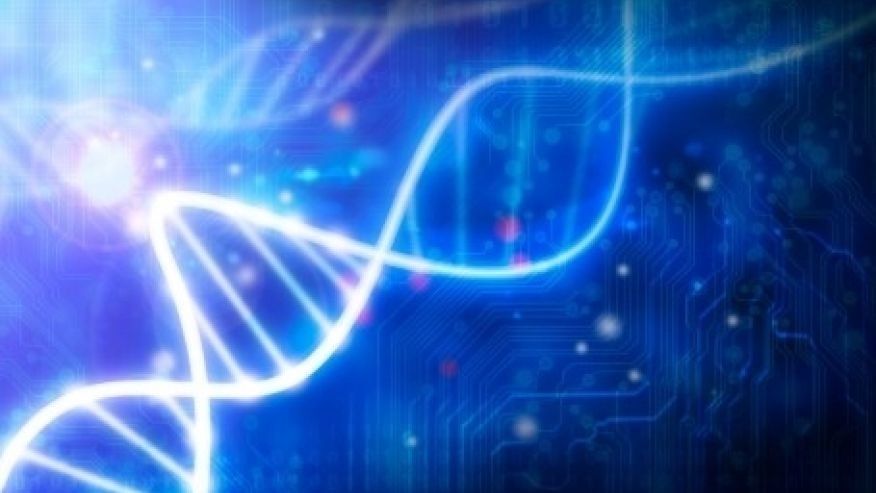If someone recommends you go on a “lectin-free” diet for better health and you’ve never even heard of lectin, you’re not alone. Lectin is found in almost all foods and it’s been getting some attention lately, but it is a health boost or bust?
What is lectin?
Lectin is a protein that binds to carbohydrate and sugar molecules in the body, meaning it’s like biological “glue” that sticks to different cells in the body. While the specific role of lectins in human health is poorly understood, this “binding” ability is thought to have multiple roles in cellular function. Because of this, lectin has recently been linked to diseases ranging from obesity and irritable bowel, to arthritis and autoimmune diseases.
How real is this link?
Available scientific studies indicate it’s very weak, if existing at all.
Most foods, including legumes, nuts, grains, fruits, vegetables, dairy products and eggs all contain lectin. So going lectin-free doesn’t leave much to eat for a healthful diet. Uncooked legumes (like soybeans, black beans and kidney beans) do have high amounts of lectin, but proper cooking (boiling for 30 minutes) eliminates most of the lectin, and reduces it to very low levels.
The lectin-digestive tract connection appears to have begun when a certain lectin found in raw kidney beans — called phytohemagglutinin — was reported to cause symptoms similar to food poisoning, including nausea and vomiting. But the likelihood of this occurring is slim to none since raw kidney beans are more similar to small rocks than a food, and almost inedible.
In normal digestion, as lectins go through the digestive tract, they bind and stick to different kinds of carbohydrates present in foods and pass through to elimination, unchanged. It’s similar to the action of fiber, where there is no absorption into the body. But for raw beans, there are no carbohydrates to stick to and the lectins can stick to the intestinal wall, sometimes resulting in the symptoms of food poisoning.
It’s from this rare example of raw legumes that the idea of lectin “toxicity” has developed. While there are some lectins that can be dangerous, like ricin, others have been suggested as health promoters, like CLEC11A, which supports bone growth. Some early evidence in animals and test tubes suggests some lectins may benefit immune cells and inhibit tumor growth.
Bottom line:
Current evidence suggests the amount of lectin consumed in a typical daily diet poses no health concerns. Because lectins are found throughout the food supply in such a variety of foods, it seems unlikely lectin is a possible culprit in digestive and related ailments. And it’s nearly impossible to have a balanced diet if all lectins are eliminated. Just stay away from uncooked beans, if you’re concerned.




